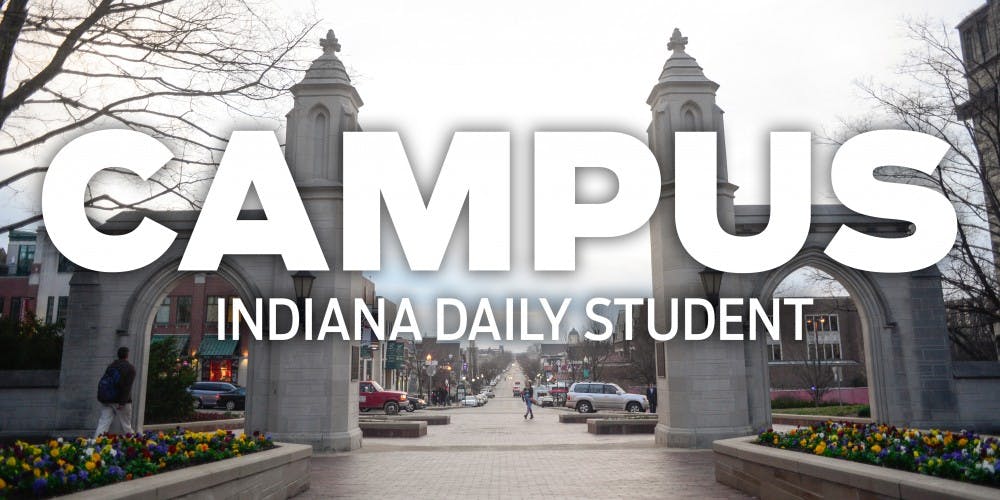Islamophobic and racist groups have been emboldened with Trump’s order temporarily barring refugees and immigrants from seven Muslim-majority nations, said Ishan Ashutosh, an assistant geography professor at IU.
Discrimination against Muslims is increasing, according to a Pew research Center study from January 2016. The study showed 76 percent of Americans believe discrimination against Muslims is increasing.
Trump’s order temporarily barring refugees and immigrants from seven Muslim-majority nations has dangerous implications for America’s present and future, said IU professors of geography, political science and international studies.
“Executive Order: Protecting the Nation from Foreign Terrorist Entry into the United States” has been popularized as the “Muslim Ban.” But Ashutosh said the ban marginalizes more than just Muslims.
“What concerns me the most is that the executive order, while listing those seven countries, actually goes far beyond that by putting all immigrants under suspicion,” Ashutosh said.
This is not the first time America has subjected Muslims or immigrants to scrutiny.
Political science associate professor Abdulkader Sinno said that returning to the days of discriminatory laws, like the USA PATRIOT Act of 2001, would be an “absolute disaster” he said.
The Patriot Act, issued under President George W. Bush, eased restrictions on surveillance on those suspected but not proven of links with terrorism.
Sinno said this legacy of discriminatory laws and “bans,” paired with Trump’s Islamophobic campaign and current administration, makes hateful people feel that the government backs their attack on Muslims.
This hatred of Muslims and refugees is based on a narrative of fear told by the Republican party to maintain power, argued both Sinno and Elizabeth Dunn, international studies and geography associate professors.
“They see it as in their political self-interest to present some clear and present danger that the current administration can somehow save us from,” Dunn said. “But they can’t save us because there is no danger.”
The Cato Institute, an independent research organization in Washington D.C.,reported in September 2016 an American has a 1 in 3.64 billion chance per year of being murdered in a terrorist attack by a refugee.
Dunn cited this negligible threat alongside Canada’s reception of 40,000 Syrian refugees with no terrorist repercussions as further proof that refugees do not endanger the receiving country.
Moreover, Islamist groups have no interest in radicalizing refugees, whose admissions process can take up to 18 to 24 months, Dunn said.
Trump’s order shrinks the amount of refugees allowed in to the U.S. from President Obama’s proposed 110,000 to 50,000 after the 120 day ban, 30,000 of which have already been admitted.
“This is the biggest migration crisis since the end of World War II, and our answer is that we are doing nothing,” Dunn said.
Dunn visited refugee camps in Germany last year. She said her experience showed how awful living conditions were there.
“it’s horrible to condemn people to live like this,” Dunn said.
The order, in her opinion, will lead to the direct deaths of many of these refugees. But Ashutosh said he fears that while the order sparked outrage from many, it could lead to a subconscious acceptance of racist behavior.
“It’s not that my students will become rabid racists, but my fear is that what will become acceptable will change,” Ashutosh said.
All three professors agree this change is reversible.
Ashutosh urged IU students to show solidarity with Muslim and undocumented students through greater activism.
Dunn expressed the acutefinancial need of refugee resettlement agencies, like Exodus Refugee Immigration Inc. in Indianapolis.
Sinno said he believes education and outreach are two effective solutions for combatting racist and Islamophobic discourses.
“Once this kind of discourse becomes dominant, people seek to educate themselves about the topic,” he said. “And that creates more awareness that over time hopefully makes a difference.”




